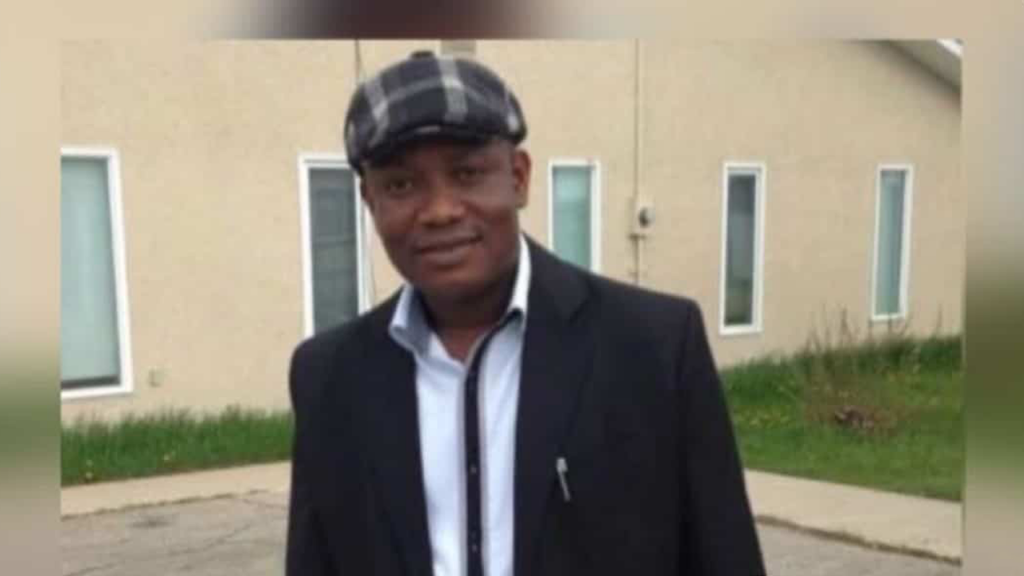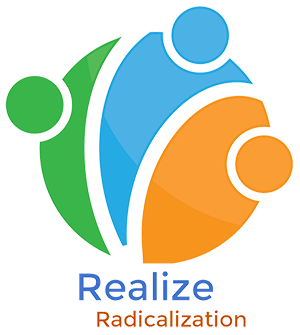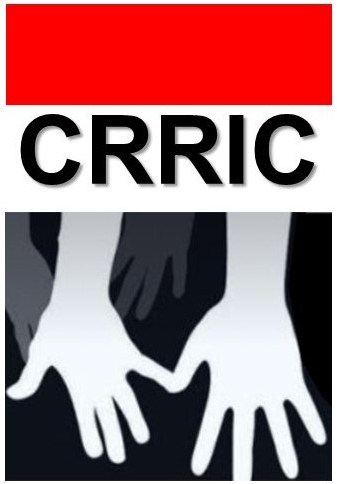[vc_row][vc_column][vc_separator css=”.vc_custom_1592076377183{padding-top: 15px !important;}”][vc_column_text]Two negatives legacies of residential schools in Canada are that it left traumatic experiences in the survivors of the schools and their families that needs to be healed, and the damaged relationship between the Indigenous people and the government and the churches that needs to be restored and reconciled. Many people believe that healing and reconciliation are some good ways moving forward on issues concerning residential schools in Canada. On Monday October 18, 2021, a webinar was hosted to look at healing and reconciliation as they relate to residential schools in Canada. Kimberly Murray – Former Executive Director of the Truth and Reconciliation Commission of Canada and Aluk Fontaine Richardson – an Ojibwe, Cree and Mi’gmaq woman and a proud member of Sagkeeng First Nation were guest speakers.
Since the residential schools lasted for many years and the resultant trauma took many years to build up, the healing will certainly take time to occur. We must be patient. Healing processes are normally gradual. When we talk about truth, whose truth are we talking about? As we continue our discussions around the residential schools in Canada, we must be ready to examine the information as we get them. On the meaning of reconciliation, let us remember that according to the Truth and Reconciliation of Canada, reconciliation is about establishing and maintaining a mutually respectful relationship between Aboriginal and non-Aboriginal peoples in this country. In order for that to happen, there has to be awareness of the past, acknowledgement of the harm that has been inflicted, atonement for the causes, and action to change behaviour. We must be ready to tell the truth, listen to the truth, and acknowledge the truth. We must be patient to listen to the stories and voices of the survivors. We must be ready to acknowledge that residential schools were founded majorly to get rid of “Indian problem”. Reconciliation IS NOT Forgive and Forget, BUT reconciliation is Remember and Change.
For the ways moving forward, there is need to rebuild trust, revitalize the Indigenous institutions, education, culture, languages, and legal systems. There is urgent need to confront the poor conditions of the Aboriginal Nations and peoples, sincere and genuine acknowledgement of the pains of Aboriginal people, a changed mindsets and attitude of non-indigenous Canadians towards the Indigenous people and offering equal opportunities and dignity to the Aboriginal people. There should sincere apology backed up with actions for change. The government and churches should consider exploring the Indigenous means of healing and reconciliation, so that it can make meaning to the Aboriginal people.
Since the saying that “Nothing about us is without us” holds true, there is a call for the Aboriginal people especially their youths who are the future and hope of the Aboriginal Nation, to strive to equip themselves with tools like education that will help them compete favourable with the rest of the Canadian. Moving forward in our discussions on healing and reconciliation, I will conduct the next webinar on “Residential Schools in Canada and the Faith Leaders’ Perspectives on Healing and Reconciliation”.
[/vc_column_text][/vc_column][/vc_row]





